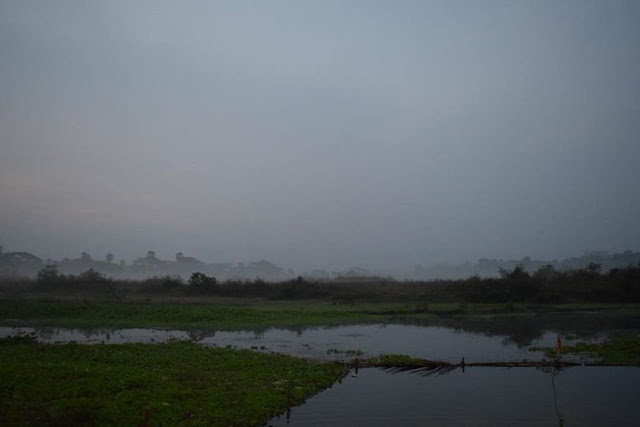Prachi Valley is an ancient site of Kalinga Civilization. This Vally was quite similar to the Mahanadi River Vally. It was a beautiful combination of human civilization involving all religions and sects and was a center of art, culture, and learning. This Valley was spread across 600 square kilometers.
The Prachi is a small river of over 60 kilometers in length. Presently the parts of the modern-day districts of Puri, Khurda, Cuttack, and Jagatsingpur comprise the Prachi valley region.
The Archaeological Survey of India (ASI) has discovered pottery pieces, and tools made of stones and bones believed to be of the pre-Christian era from a mound in Jalalpur village of Cuttack district, Odisha.
Discoveries of ancient artifacts indicated that a rural settlement might have thrived in that period. These settlements could have had cultural and trade ties with other settlements in the Prachi Valley that had come up around the Prachi river, which gradually disappeared.
Prachi Valley civilization is believed to be earlier than that of Harappa and Mohenjo-Daro flourished on the banks of Prachi river. Prachi Valley civilization has contributed a lot towards amalgamation, assimilation, and proliferation of different religious faiths and cults.
Here we have collected some photos of Prachi Vally. Hopefully, these would justify a few things which we have written above.
The idol of Lord Bishnu, sometimes identified with Lord Rishavnath of Jains, from his navel water flows always.
Early morning view Prachi Saraswati at Historic Deuli Math
A Boat going towards the island of Lord Bileswar Mahadev
10th-century temple of Lord Budhhikeswar at Deulidharpur
The confluence of Prachi Saraswati
A different type of crab not seen often
Sea Crabs breathing morning air
Sunrises over the Bay of Bengal
A long stone from Prachi River
Laxmi Narayana Temple of Chourasi
Varahi Temple
* All these photos are taken by Bikas Ojha and published with his permission.
* Follow him on Twitter @bikashojha
* All the information mentioned above is taken from Wikipedia.





















0 Comments